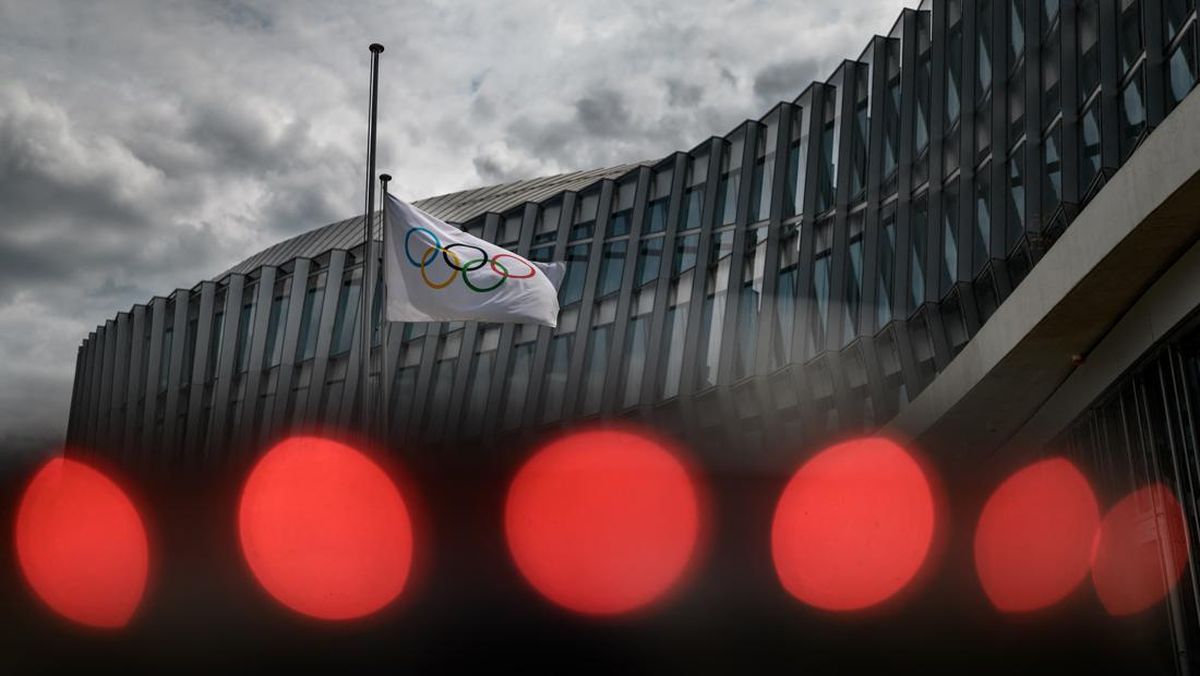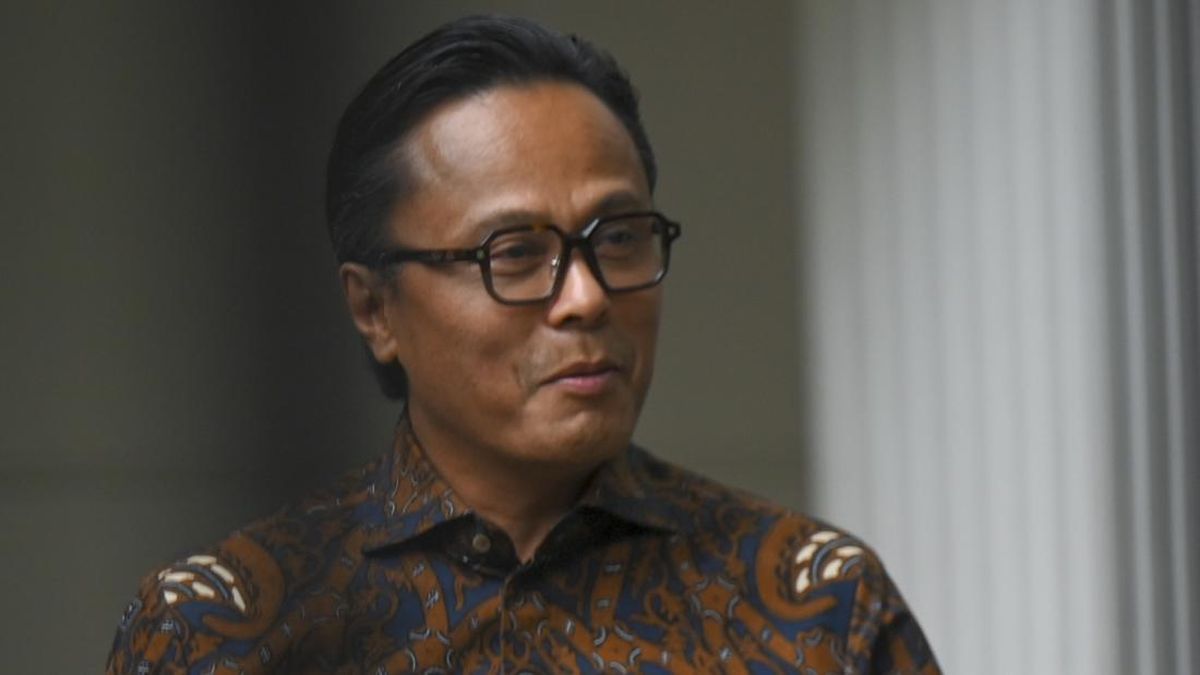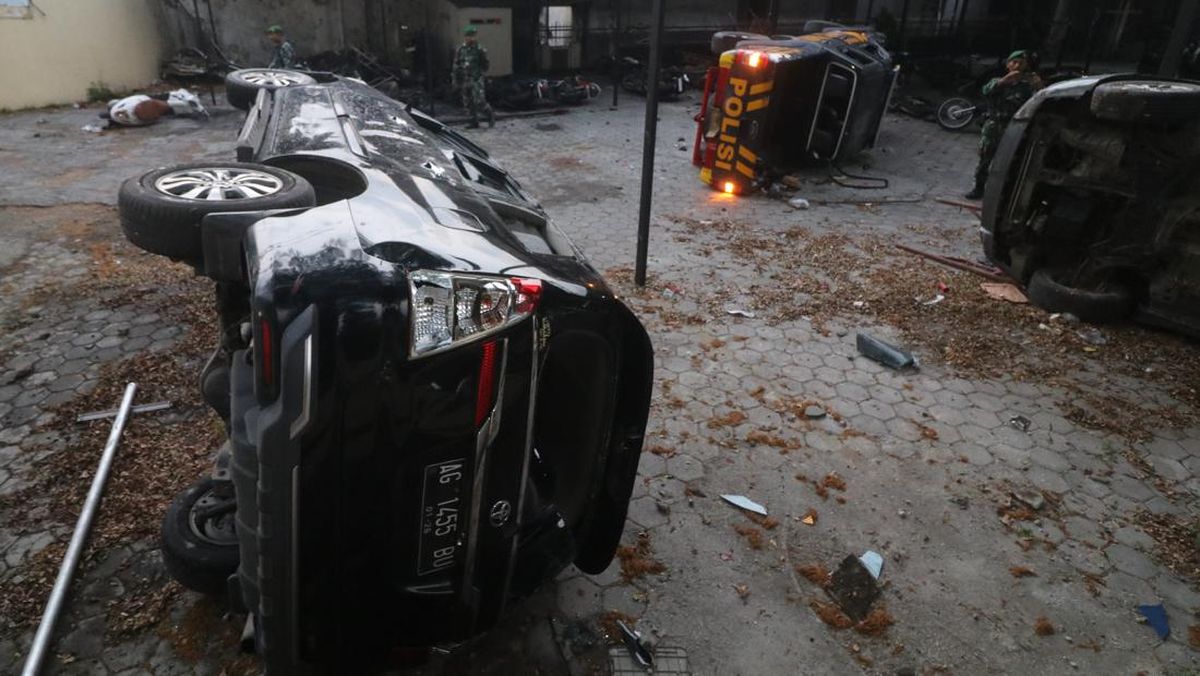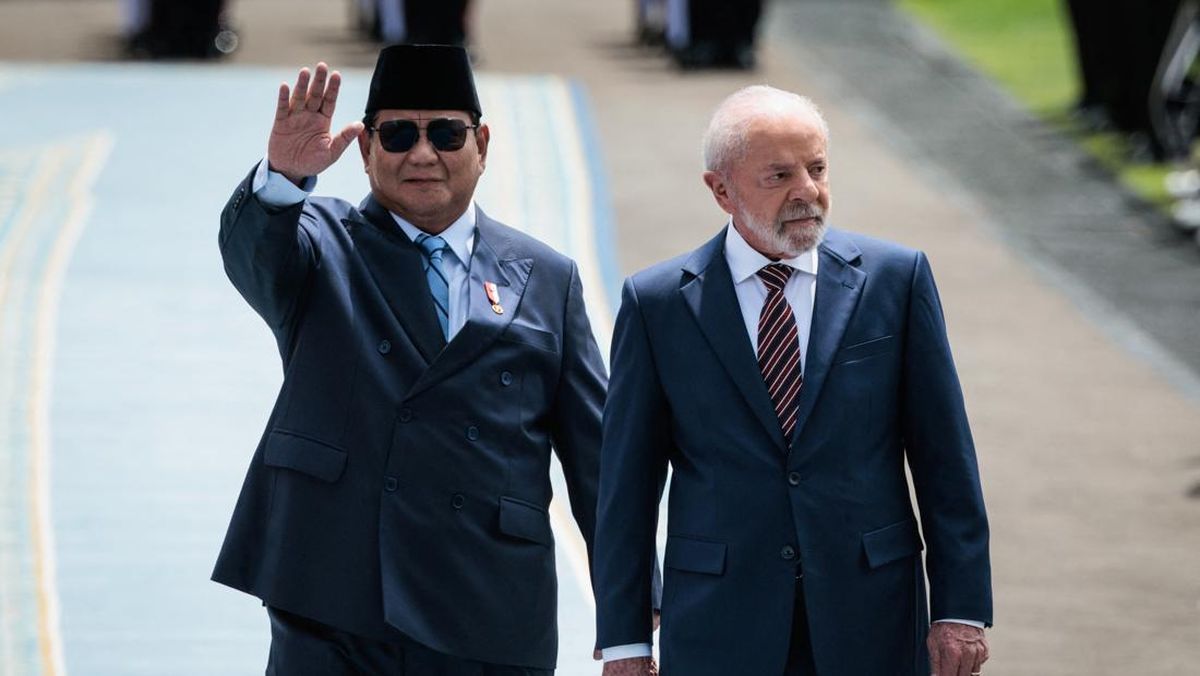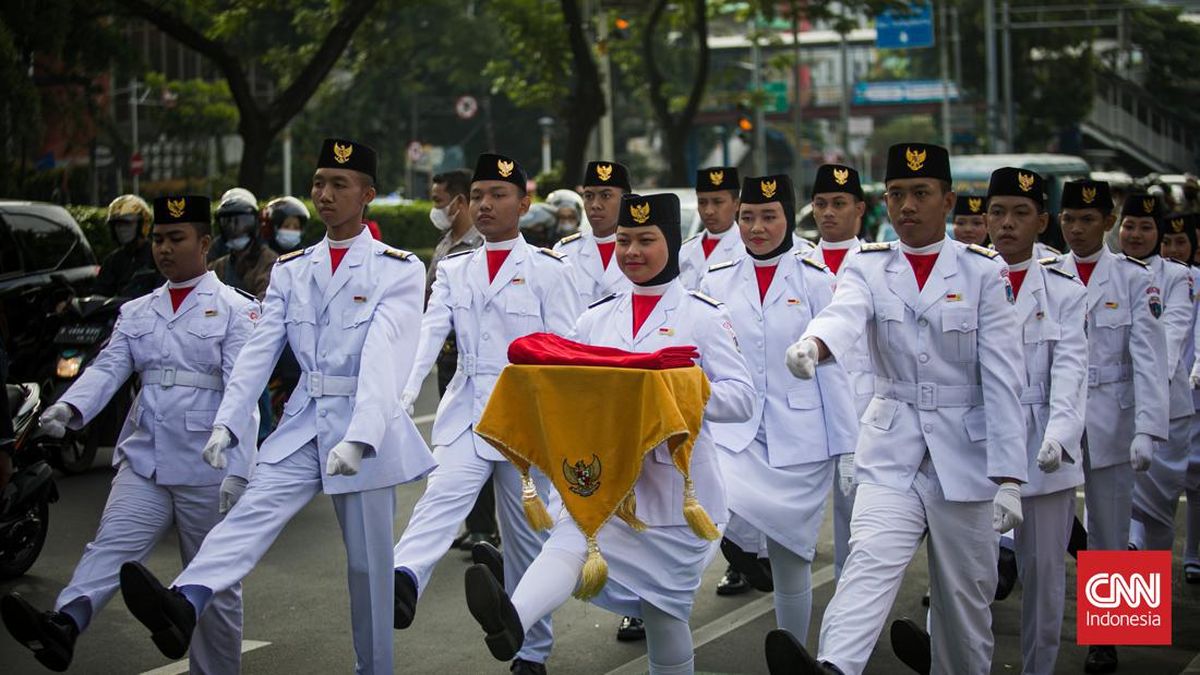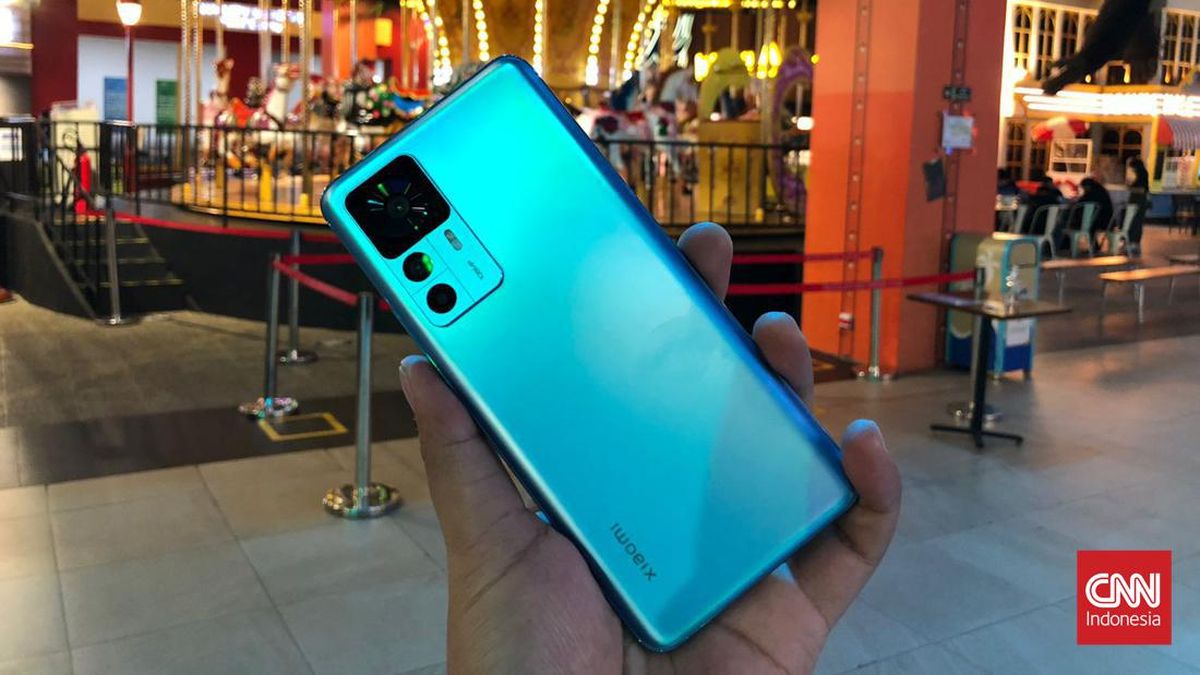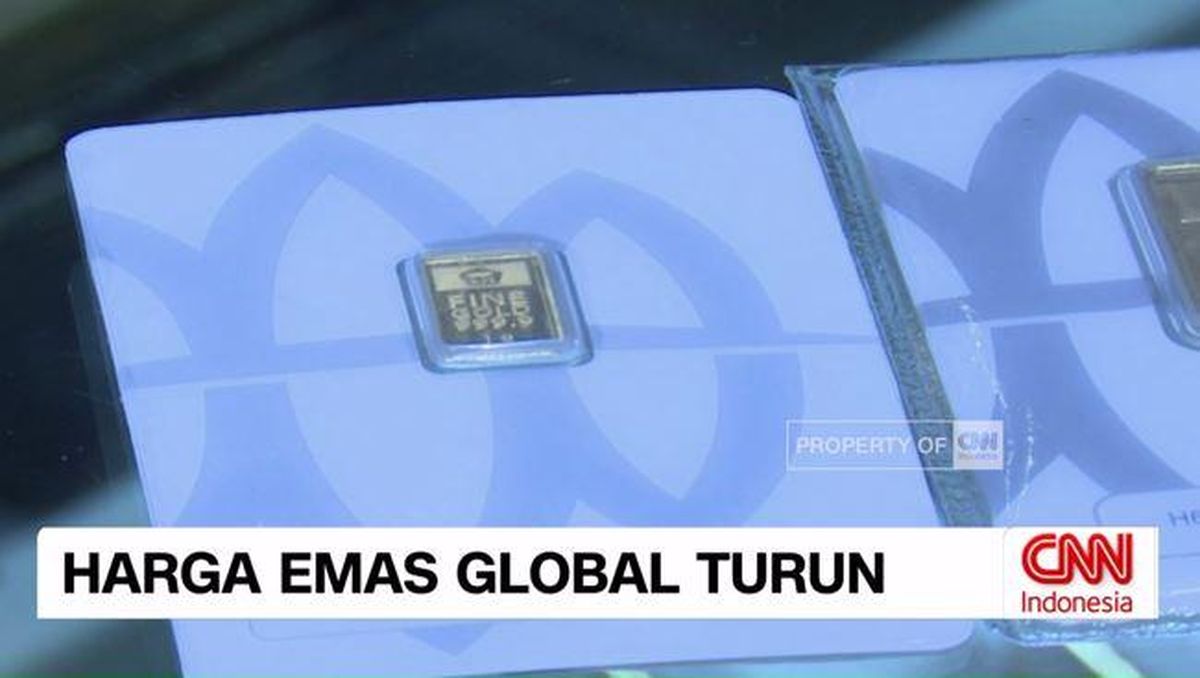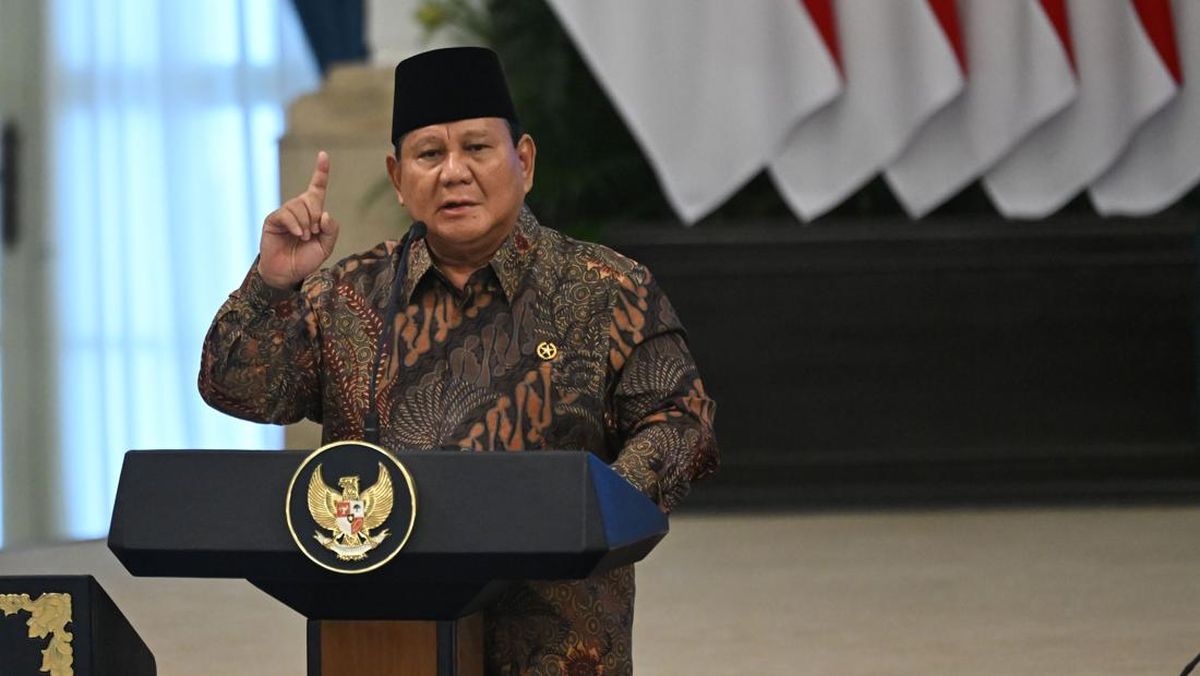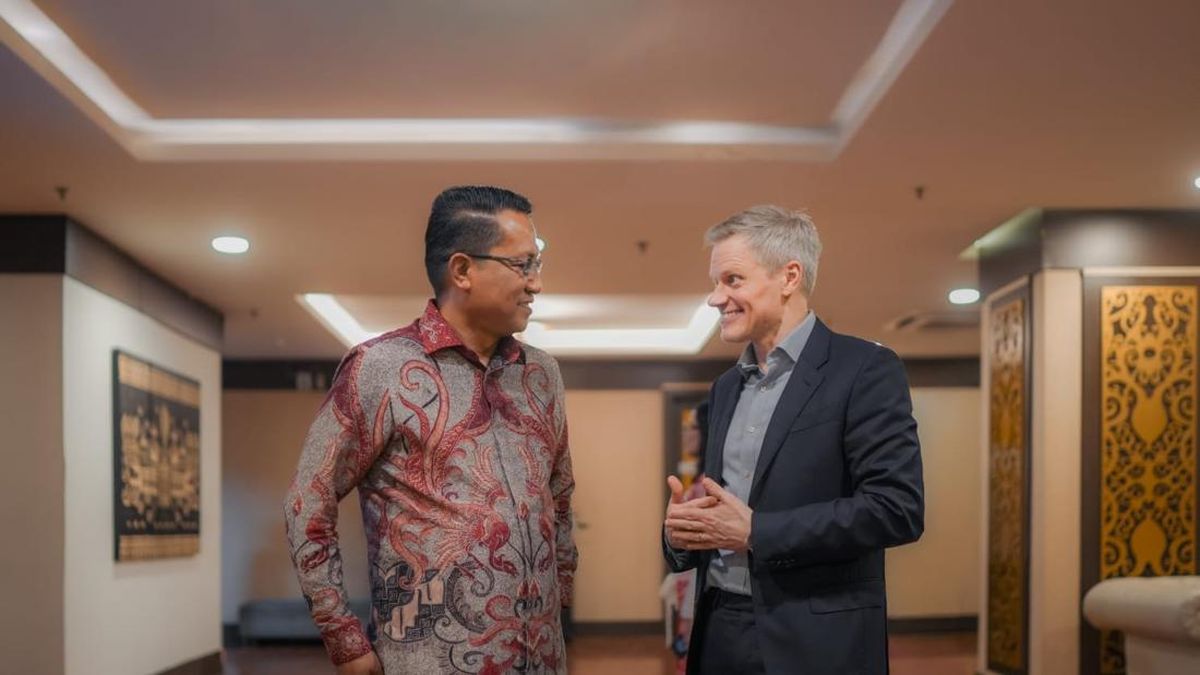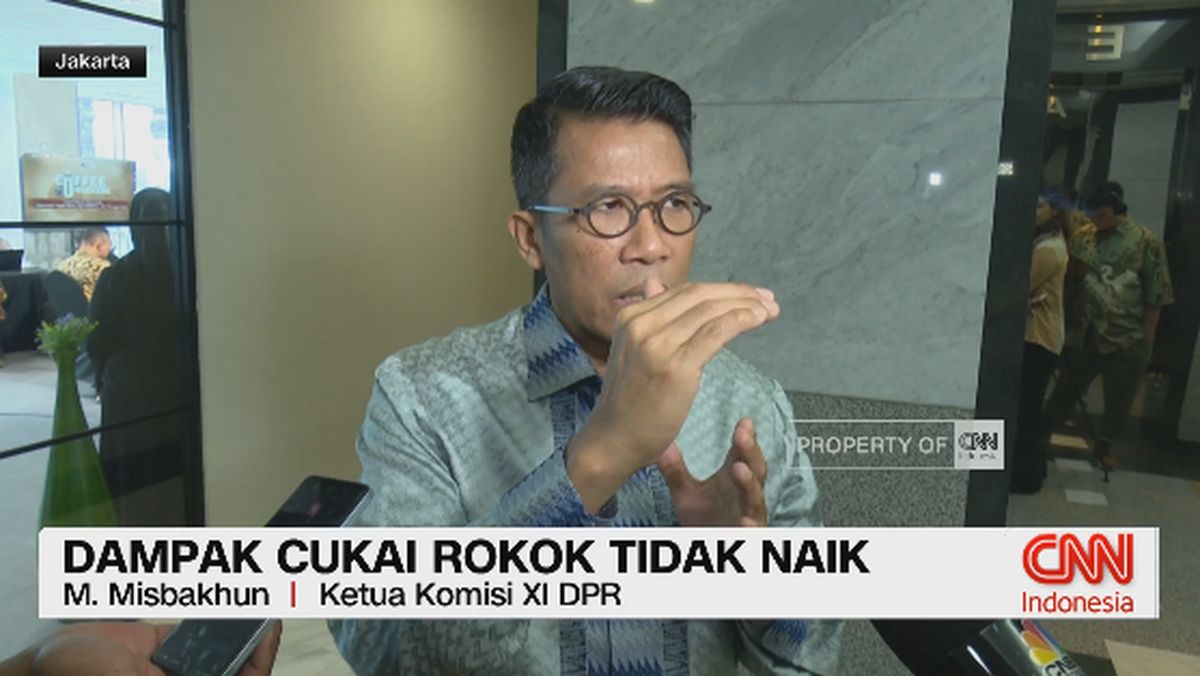Prime Minister Anthony Albanese’s triumph with President Donald Trump this week unexpectedly thrust Australia into a position of power in the United States’ fight against China, but does it move us higher up the world’s food chain?
Speaking to host Samantha Selinger-Morris on The Morning Edition podcast, our political and international editor Peter Hartcher delves into the potent moment where China “punched the US right in the nose” and denied Trump the ability to operate a modern economy, the political turmoil in China stopping it from realising superpower supremacy, and where Australia fits into it all.
Click the player below to listen to the full episode, or read on for an edited extract of the conversation.
Selinger-Morris: We know that Donald Trump took a hit really in the last week. He was shown up by China. And then, of course, we had this landmark deal with our own prime minister in the White House... Tell us a bit about that deal in terms of whether it could budge our standing as a power.
Loading
Obviously, we’re very important to Donald Trump right now in terms of giving him a pipeline to these rare earths that China really is cutting America off from, or is about to. Does this shift us from being a middle power?
Hartcher: My view is it certainly enhances Australia’s stature and capability in the world at a time when US allies have been extremely anxious about US reliability.
Look at NATO, where Trump has repeatedly refused to commit to Article 5, which is an attack on one is an attack on all.
And while he’s been undermining the confidence of other US allies, in this case, where he had three hours with Albanese, including that 40-minute televised press conference, Trump has reinforced the alliance.
There’s the critical minerals deal, which means that if delivered – it’s actually partly underway already – but if delivered, will stitch the US and Australia together in supplying a guaranteed flow of rare earths and critical minerals to the US. Therefore, it doesn’t need to depend on Xi Jinping’s whims as to whether it can operate its modern economy or not.
Hartcher: There was also the reaffirmation of AUKUS, full steam ahead, said Trump. After all the hysteria and the doubts and the nay-saying and all of that, Trump said it’s full steam ahead with AUKUS, which we know has made Beijing extremely nervous.
The Chinese government has consistently opposed it and railed against it. And so is Putin, by the way. So we know they’re concerned about that arrangement. But also, Trump agreed to other military acquisitions and investments and actions, which in the course of a normal year, in a normal event, a normal summit would have gotten all the headlines. But this time, because there’s so much more going on, it’s hardly even been noticed.
So, what this does is it tells Australia’s friends and enemies that Australia has strong support from the US, even under Trump, that these structural deals – so the critical minerals deal, AUKUS – are structures. These are ... now locking those two countries, or welding those two countries, Australia and the US, more closely together.
Loading
So it’s an ally that the US is less able to ignore, even if it chooses to. So, that is useful in terms of a warning to Australia’s enemies to complicate their planning.
But it’s also an important signal to send to Australia’s friends and allies. Nobody wants a weak ally. And to the extent that this makes Australia a stronger power, then it makes it a more attractive ally as well, to all the countries that Australia has been emphasising ties with in recent years, starting with Japan in the north and to Indonesia and Papua New Guinea in the south. So it does raise Australia’s power, status and stature in the world.
To listen to the full episode with Hartcher, who explains in depth the challenges both Xi Jinping and Trump are facing in trying to be a global superpower, click here.
Start the day with a summary of the day’s most important and interesting stories, analysis and insights. Sign up for our Morning Edition newsletter.
Most Viewed in Politics
Loading

